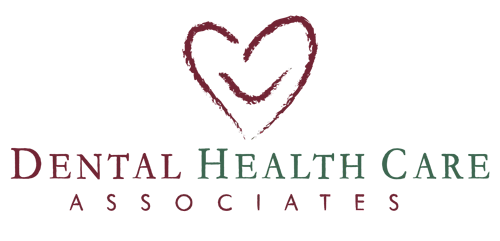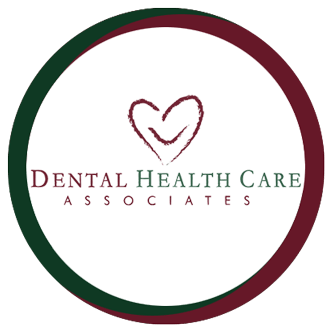Our Services
 Clenching or grinding of the teeth is called Bruxism. It is very common and most people will have done it at some time in their life. Only about 5% of people realize they do it.
Clenching or grinding of the teeth is called Bruxism. It is very common and most people will have done it at some time in their life. Only about 5% of people realize they do it.
Bruxism can be caused by several things but is most likely linked to stress or anxiety as well as abnormal bite or missing teeth. Most people grind/clench at night but this can also occur during the day.
When teeth grinding occurs for a long period of time, permanent damage to teeth can occur such as fracturing or loosening of teeth or wearing the teeth down to stumps.
When this happens, a crown needs to be placed over the tooth to enable the tooth to be functional again.
Bruxism can also lead to TMD- this is the disorder of the joint that is used to open and close your mouth. Most people say they have TMJ but actually we all have TMJ since this is the joint that allows the jaw to function. TMD affects that joint when it is compromised by pain, clicking, popping, and including, but not limited to, difficulty opening your mouth.
Bruxism can also be a factor in a patient having periodontal disease. If you are suffering from jaw pain due to clenching or grinding, you should limit your intake of hard foods. Instead, you can choose softer foods (example bagels), along with limiting or avoiding chewing gum, and chewing on pen caps or fingernails. Always remember that the jaw needs to relax as much as possible.
For Bruxism at night- we recommend an appliance that clips onto your front upper teeth at night. This is called an NTI guard. This prevents the teeth from being able to touch in the back and relaxes the jaw. This can be made in office the same day you are diagnosed as needing one. Some offices give a full mouth guard that fits molar to molar. Although this does protect your teeth it does not prevent the clenching action that can cause problems with your TMJ.
Signs that you may be grinding or clenching your teeth are
- Headache
- Jaw Pain or Soreness
- Popping or Clicking Jaw
- Fatigued Jaw (if you have just started chewing gum and it feels like you have been chewing for hours)
- Earache
- Loose Teeth
- Neck Pain
- Recessed Gums
In severe cases where the TMJ is causing serious pain and/or compromising the patients ability to eat and function normal, the use of Botox injections may be warranted. Bruxism may also occur during the day while the patient is awake. Since it is not ideal for a patient to wear an appliance during the day it is important that the patient be aware of grinding/clenching and avoid doing so. Most patients find they may be grinding/clenching while working, driving, and or exercising. A trick is to put your tongue between your teeth to allow the jaw to relax and keep the teeth apart while you are doing an activity that causes you to grind.
If you are trying to catch yourself grinding, a trick is to pick a trigger that happens throughout your day and when it happens ask yourself where your teeth are? An example could be a ringing phone during your workday. At night a significant other may say they hear you making loud crunching noises with your teeth. Bruxism is often common in children. Very often this is temporary as their bite and mouth are changing and rarely has lasting side effects.
During your dental examinations at our office we will check teeth for abnormal wear marks and bring it to your attention. It is amazing how many patients will return agreeing that they are in fact grinding or clenching their teeth.

